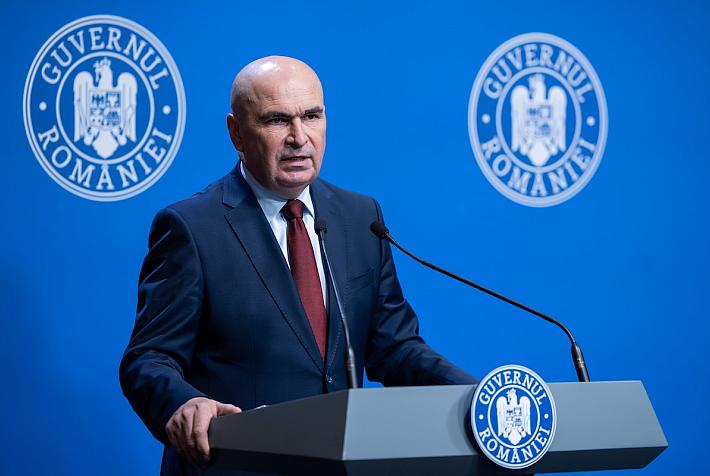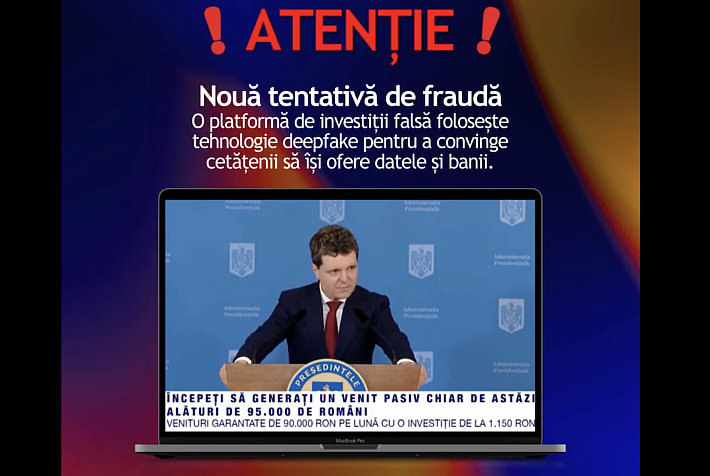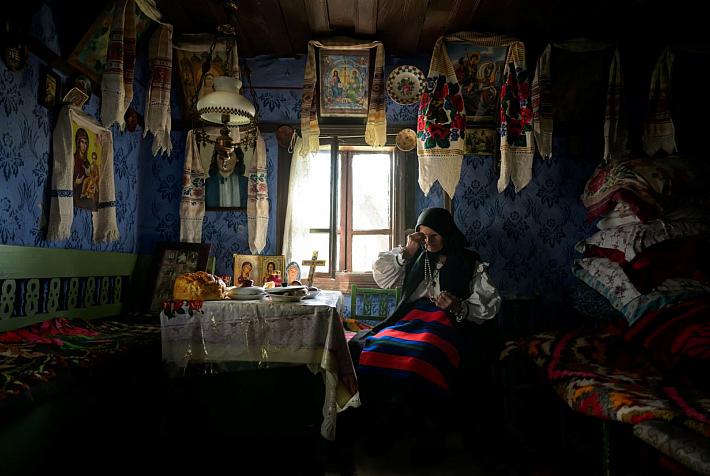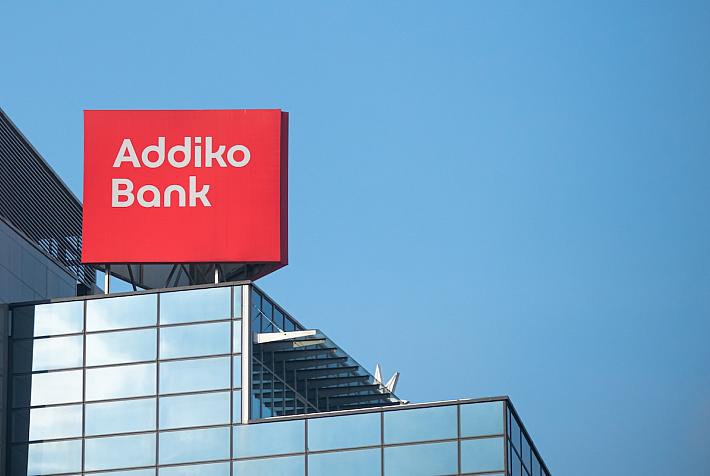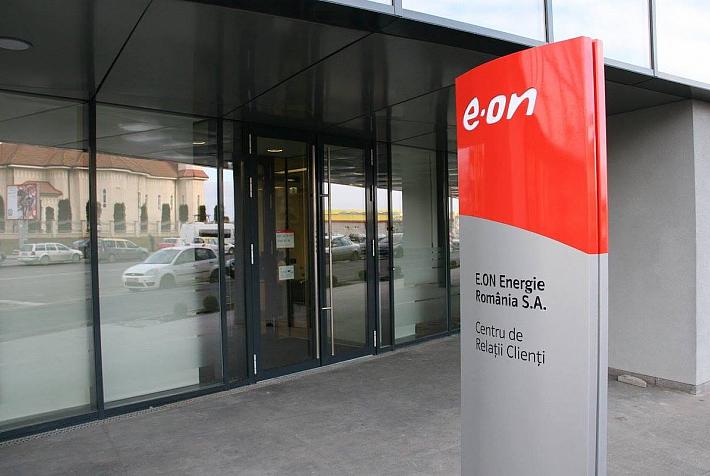What does Victor Ponta leave behind?

Romanian Prime Minister Victor Ponta, who announced his resignation on November 4, together with all the members of his Government, leaves behind several tax reductions, which can be considered quite atypical for a social-democrat.
During his three-and-a-half year mandate, he cut the employers’ social contributions by 5%, reduced the VAT on food from 24% to 9% and the general VAT rate from 24% to 20%, a measure which will enter into force starting next year, reports local Ziarul Financiar.
However, the Government introduced this fiscal relaxation only in October last year. In 2013, it brought in several new taxes, such as the pole tax or the extra-excise on fuel.
Ponta has also managed to reorganize Romania’s Tax Authority ANAF and make the use of tax receipts the general rule. The VAT collection rose by 20% in the first six months of the year.
The budget revenues rose from RON 141 billion (EUR 31.7 bln) in 2012 to RON 169 bln (EUR 38 bln) in the first nine months of the year. The Government, however, has managed to keep the budget deficit under control by reducing public investments. These dropped from RON 11.9 billion (EUR 2.6 bln) in 2012 to RON 7.6 billion (EUR 1.7 bln) in the first nine months of this year.
The economy has been growing every year under the Ponta government. Romania’s GDP will exceed RON 700 billion (EUR 157.4 bln) this year, up by RON 100 billion compared to 2012. The GDP grew by 2.8% last year, supported by industry and retail.
The minimum wage rose by 50% compared to 2012, amounting to RON 1,050 (EUR 236) gross per month. The salaries of people working in public sector have also increased whereas the wage increases in the private sector have been lower. During Ponta’s mandate, new jobs have been created, but Romania hasn’t managed to reach the 2008 level. The unemployment rate has stayed at about 7%.
In 2008, foreign direct investment reached a peak of EUR 9 billion, as the economy was growing by 7.3%. However, between 2009 and 2010 the investments fell to about EUR 2 billion. In 2012, investments returned to growth, recording the first increase after the crisis. In 2013 and 2014, foreign investments stayed below EUR 3 billion. In the first five months of this year, these grew by 61.4% year-on-year, up to EUR 2.3 billion.
Infrastructure has been a significant problem during Ponta’s mandate. In 2012, Romania had 500 km of highways, whereas the highway network currently has some 700 km. Most highway projects were financed with European funds, but there have been several incidents.
Exports have grown, but they are still lower than imports. Companies in Romania exported goods of EUR 53 billion last year, but imported goods of EUR 59 billion.
editor@romania-insider.com






